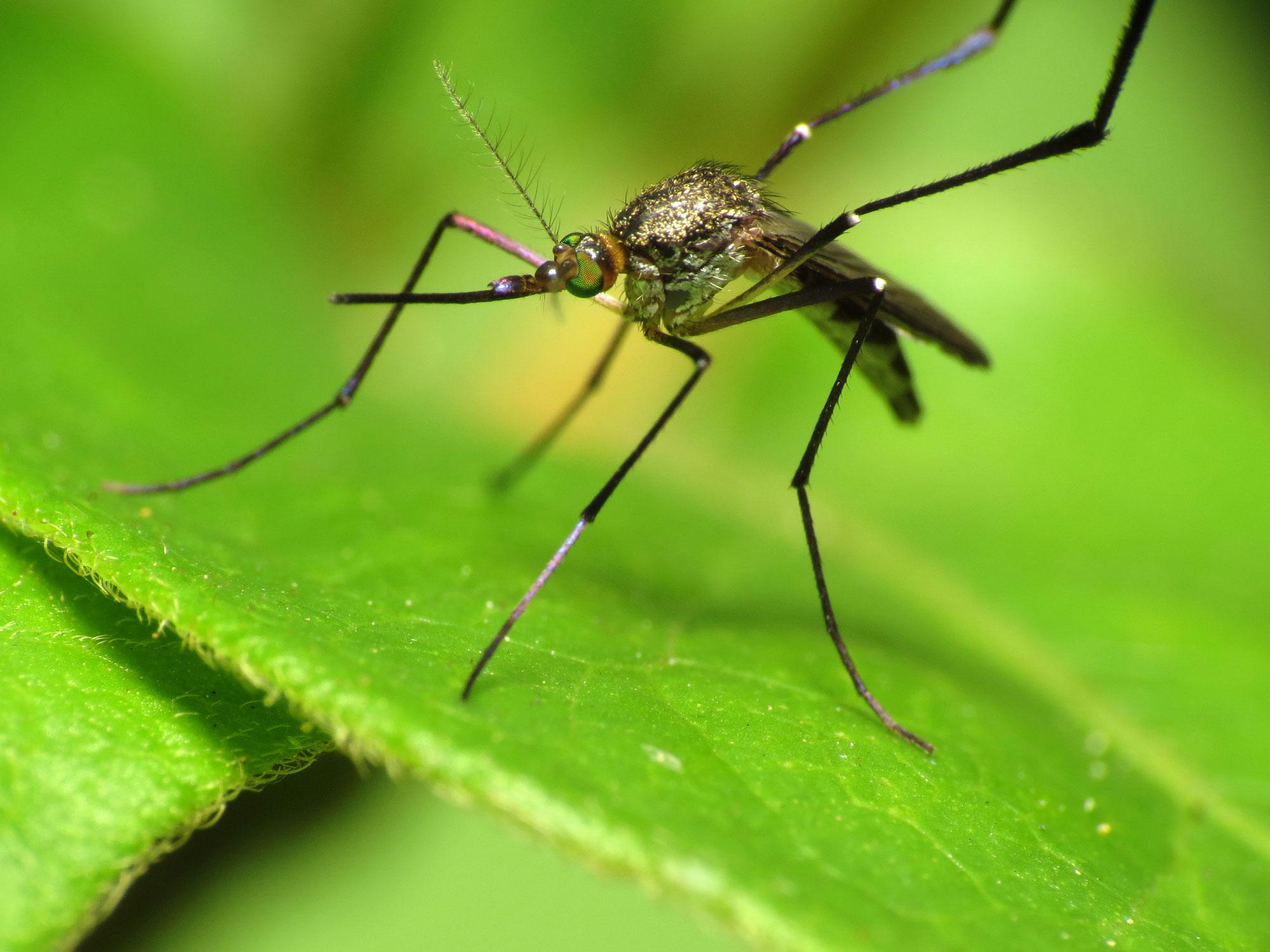
The Florida Department of Health announced July 29 that four people in Dade and Broward counties contracted Zika after being bit by mosquitoes. Hundreds of Floridians have been infected after traveling to areas affected by Zika, but this was the first time the virus had been transmitted through carrier mosquitoes on U.S. soil.
Four days later, the number of people locally infected grew to 15, and Florida Governor Rick Scott called upon the Centers of Disease Control (CDC) to activate an emergency response team to assist in eradicating the problem. According to the Florida Department of Health, 336 Floridians have been infected with Zika due to travel related incidents, 15 people have contracted the disease from local mosquitoes and 55 infections have involved pregnant women.
“It’s here, there have been people in Duval County get Zika,” Doreen Perez, director of Student Health Services at UNF said. “Like it or not, it’s here in Jacksonville right now.”
Six people in Duval County have been infected with Zika according to the Florida Health Department, and as UNF welcomes a fresh batch of students from south Florida, here’s what you should know about the virus.
Where did Zika come from?
The Zika virus was discovered in the Zika Forest in Uganda in the 1940s. While it’s been common throughout Asia and Africa for decades, the virus spread to the Western Hemisphere in 2013 and exploded across Brazil in 2015. According to the CDC, there are 54 countries with active Zika virus transmissions.
How is Zika transmitted?
Zika can be transmitted through a mosquito bite or sexually. Female mosquitoes from the Aedes Aegypti species carry and transmit the virus. These mosquitoes are particularly tough to eradicate because they have grown resistant to insecticides, and they can breed in pools of water the size of a bottle cap.
Zika can only be transmitted sexually from men. The viral RNA is stored in men’s semen for as long as two months, and can be transmitted during oral, vaginal or anal sex. Scientists do not believe females can pass the virus along to sexual partners.
How can I protect myself?
Perez said students should wear long sleeves, bug spray repellant and stay in air-conditioned buildings to prevent mosquito bites. Health officials also recommend eliminating any standing water that could serve as breeding grounds.
Health authorities recommend men who have visited areas where the virus is transmitted to abstain from unprotected sex for six months. Pregnant women should abstain until they give birth, or have their partner use a condom.
What are the dangers?
Zika can cause devastating birth defects to children whose mothers are infected while they’re pregnant. Zika has been linked to severe cases of microcephaly, which causes babies to be born with unusually small heads, severe brain damage, blindness, deafness and rigid limbs.
Zika outbreaks in French Polynesia were also associated with an increased risk of Guillain-Barré syndrome. This disease, often caused by infections, causes weakness and paralysis throughout the body. Over half of patients lose their ability to walk and a quarter end up on ventilation machines due to a weakened respiratory system.
What are the symptoms?
One out of every five people infected with the virus develop symptoms, CDC Director Tom Frieden told the Washington Post. These symptoms last two to seven days and include a low-grade fever, itchy rashes on the forearm, bloodshot eyes and joint pains. There is no test that immediately identifies someone infected with the virus. Tests must be sent to laboratories for analysis, which delays the prognosis.
Combatting the Virus
There is currently no vaccine for Zika; however, there are ongoing efforts to combat the spread of the virus.
Doria Bowers is a biology professor at UNF, and she’s been developing a mixture in water which prevents larvae from reaching adulthood, where mosquitoes become capable of carrying viruses. The inhibitors Bowers developed are designed to stunt the larvae’s growth before they become pupae and keep them alive. Her inhibitors have worked on larvae in 500 milliliters of water, but Bowers recently began testing them in five liters. Her hope is to control the species, not eliminate it.
“My original goals were to develop this into something that homeowners can use,” Bowers told Spinnaker. “It’s a model system for big bad boys like Zika, now.”
A couple hours south, on the University of Florida campus, entomology grad student Casey Parker has developed a mosquito trap which is coated with pesticides and painted with bold colors proven to lure in mosquitoes. The project was originally started to mitigate the dengue and chikungunya virus by eliminating mosquitoes that carry those diseases. Those same mosquitoes also transmit Zika. According to Parker, the traps cover about 3,000 square feet and last six months. Parker and her professors hope to test the traps in Honduras, but they’re currently waiting to get them regulated by the U.S. Government.
On-Campus Awareness
UNF health services will be hosting a presentation with environmental specialists during the second week of school to inform students about the virus. Spinnaker will be keep you updated with an official time and location when it is available.
—
For more information or news tips, or if you see an error in this story or have any compliments or concerns, contact editor@unfspinnaker.com.











